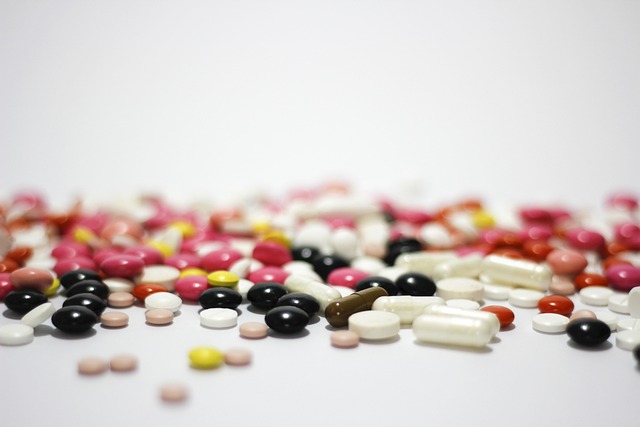Sildenafil (Viagra): Dosage, Uses, and Side Effects

Sildenafil, commonly known by its brand name Viagra, is a medication that has transformed the way we approach erectile dysfunction (ED). Approved by the FDA in 1998, Viagra has not only helped millions of men regain their confidence but has also become a significant part of discussions around sexual health. Understanding its dosage, uses, and potential side effects can empower individuals to make informed decisions about their health.
Uses of Sildenafil
The primary use of Sildenafil is to treat erectile dysfunction. It works by increasing blood flow to the penis during sexual stimulation, enabling an erection to occur. However, Sildenafil is not just limited to treating ED. It is also prescribed for pulmonary arterial hypertension (PAH), a condition characterized by high blood pressure in the blood vessels that supply the lungs. In these cases, Sildenafil helps to relax the blood vessels, improving blood flow and reducing the workload on the heart.
Dosage Guidelines
When it comes to dosage, it’s crucial to follow a healthcare provider’s recommendation. Typically, the initial dose for treating erectile dysfunction is 50 mg, taken about one hour before sexual activity. Depending on effectiveness and tolerance, the dose can be adjusted to 25 mg or increased to a maximum of 100 mg. It’s important to note that Sildenafil should not be taken more than once a day.
Considerations for Use
For optimal effectiveness, Sildenafil should be taken on an empty stomach. Heavy meals, particularly those high in fat, can delay its absorption and effectiveness. Moreover, it’s essential to engage in sexual stimulation, as the medication does not automatically cause an erection without it.
Potential Side Effects
Like any medication, Sildenafil comes with potential side effects. While many men tolerate it well, some common side effects include:
- Headaches
- Flushing
- Indigestion
- Nasal congestion
- Changes in vision, such as blurred vision or increased sensitivity to light
While rare, serious side effects can occur. These include sudden hearing loss, vision loss, and an erection that lasts more than four hours (priapism), which requires immediate medical attention. Individuals with certain health conditions, such as severe heart or liver problems, should consult their doctor before using Sildenafil.
Interactions with Other Medications
It’s crucial to disclose all medications you’re currently taking to your healthcare provider, as Sildenafil can interact with various drugs. For instance, medications containing nitrates, often prescribed for chest pain, can lead to dangerously low blood pressure when taken with Sildenafil. Other medications, including certain antibiotics and antifungals, can also affect how Sildenafil works.
Where to Find More Information
If you’d like to learn more about the mechanism of action of Sildenafil, the Mayo Clinic provides comprehensive information on its uses, dosing, and safety considerations.
Empowering Sexual Health
In the journey of sexual health, Sildenafil has emerged as a beacon of hope for many. It is vital to approach this medication with an understanding of its benefits and limitations. Open conversations with healthcare providers can lead to personalized treatment plans that cater to individual needs.
Ultimately, whether you are considering using Sildenafil for erectile dysfunction or managing pulmonary arterial hypertension, knowledge is power. Stay informed, and prioritize your health, as it is an essential aspect of overall well-being.
